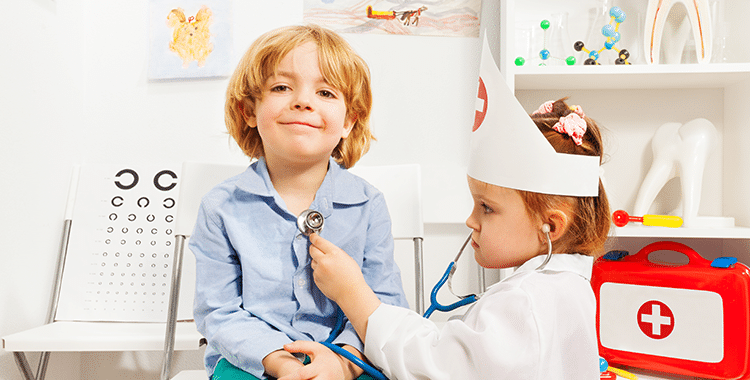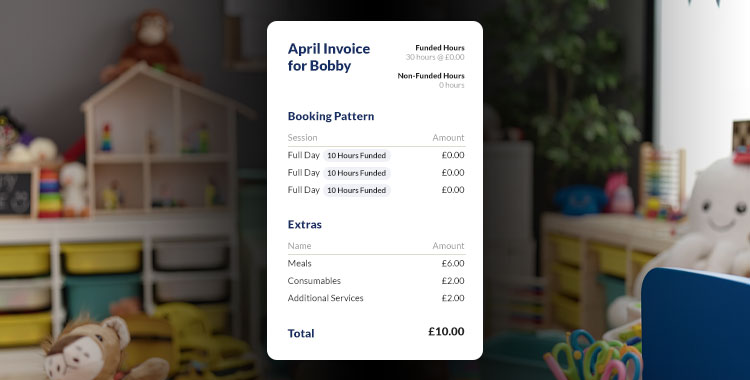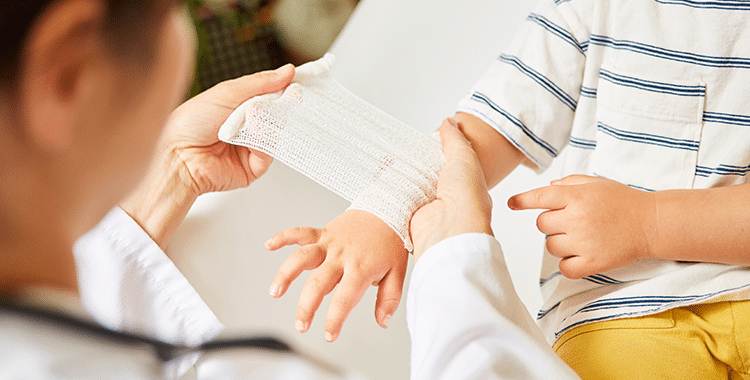Health and hygiene practices are the cornerstone of quality childcare. Childcare workers are entrusted with nurturing and educating children while safeguarding their health and well-being. Proper hygiene practices in childcare settings prevent the spread of illnesses, create a safe environment, and instil good habits in children. This guide explores essential health and hygiene practices for childcare workers, offering practical tips and insights to maintain a healthy environment for children and staff.
Why Health and Hygiene Practices Matter in Childcare
Childcare settings are bustling environments where children interact closely, share toys, and participate in group activities. These factors and the development of their immune systems make children more susceptible to infections. Ensuring robust hygiene practices helps reduce the risk of illnesses, supports children’s physical and emotional well-being, and minimises disruptions caused by sick days for children and staff.
Moreover, promoting health and hygiene helps meet regulatory standards and reassures parents that their children are in a safe, clean, and professionally managed environment. Beyond compliance, teaching children hygiene also lays the foundation for lifelong healthy habits. Good hygiene practices also contribute to a positive learning environment, as healthy children are more engaged and can better focus on their development.
Key Health and Hygiene Practices for Childcare Workers
- Hand Hygiene
Proper hand hygiene is one of the most effective ways to prevent the spread of germs in childcare settings. Childcare workers should wash their hands thoroughly and frequently, especially:
• Before and after handling food.
• After changing nappies or helping a child in the bathroom.
• After cleaning spills or handling waste.
• After wiping a child’s nose or their own.
Use warm water and soap, scrubbing hands for at least 20 seconds. Alcohol-based hand sanitisers can be a good alternative when handwashing is not immediately possible. Encourage children to wash their hands regularly, turning it into a fun and engaging activity with songs or colourful posters.
Learn more about proper handwashing techniques from the NHS guidelines. - Cleaning and Disinfecting Surfaces
Cleaning and disinfecting surfaces and toys regularly is critical to maintaining a hygienic environment. High-touch areas like doorknobs, light switches, tables, and toys should be cleaned and disinfected daily.
• Use child-safe cleaning products and follow manufacturer instructions.
• Implement a schedule for deep cleaning activities, such as sanitising carpets, curtains, and play equipment.
• Ensure toys and equipment are cleaned appropriately based on their material—soft toys may require machine washing, while plastic toys can be disinfected.
For tips on safe cleaning practices, visit RoSPA. - Food Safety Practices
Handling food safely is crucial in childcare settings to prevent foodborne illnesses. Childcare workers should follow these food safety practices:
• Wash hands thoroughly before preparing or serving food.
• Ensure kitchen surfaces and utensils are clean and sanitised.
• Store perishable items at the correct temperatures.
• Check food labels for expiry dates and allergy warnings.
Additionally, staff should be trained to handle food allergies responsibly, ensuring that meals are prepared and cared for. To help children understand basic hygiene during mealtime, engage them in simple, safe food-handling activities.
Find detailed food safety advice from the Food Standards Agency. - Managing Illness in the Childcare Setting
Despite the best hygiene practices, children occasionally fall ill. When this happens, managing the situation effectively is essential to prevent further spread.
• Exclude Sick Children: Establish clear policies about when a child should stay home, such as in cases of fever, vomiting, or contagious diseases like chickenpox.
• Isolate Illness: If a child falls ill during the day, isolate them in a quiet area until their parent or guardian arrives.
• Communicate with Parents: Keep parents informed about any illnesses circulating in the nursery and the steps being taken to address them.
A well-defined sickness policy ensures parents and staff understand their roles in maintaining a healthy environment. - Personal Protective Equipment (PPE)
Using PPE appropriately helps protect childcare workers and children from the spread of germs. Gloves should be worn when changing nappies, cleaning bodily fluids, or handling potentially contaminated materials. Masks may be necessary during outbreaks of respiratory illnesses. PPE should be disposed of properly after use, and hands should be washed immediately.
Refer to UK Health Security Agency resources for guidance on using PPE in childcare. - Teaching Children About Hygiene
Teaching children about hygiene is as important as maintaining it. Use age-appropriate methods to explain the importance of cleanliness and how they can contribute.
• Handwashing Games: Create songs or use timers to make handwashing fun.
• Interactive Lessons: Use props like glitter to demonstrate how germs spread and how washing hands removes them.
• Hygiene Routines: Integrate hygiene into daily life, such as washing hands before meals and brushing teeth after lunch.
These activities reduce the spread of germs and empower children to take responsibility for their hygiene. - Maintaining Air Quality
Good ventilation helps reduce the risk of airborne illnesses, especially in colder months when windows are often closed. To maintain air quality, use air purifiers with HEPA filters. Encourage outdoor play whenever possible to ensure children get fresh air. - Staff Training and Awareness
Regular training ensures that childcare workers are up-to-date with the latest health and hygiene practices. Topics might include:
• Proper cleaning techniques.
• Recognising signs of common illnesses.
• Safe food handling procedures.
Investing in staff training not only improves hygiene standards but also boosts confidence and morale among workers.
Explore training opportunities at PACEY. - Parental Collaboration
Parents play a crucial role in maintaining health and hygiene in childcare settings. Encourage open communication with parents and share resources on hygiene practices. For example:
• Please provide information about keeping children home when they are unwell.
• Share tips for reinforcing hygiene habits at home.
Collaborating with parents ensures consistency between home and nursery, reducing the risk of illness.
Challenges and Overcoming Barriers
Implementing and maintaining high hygiene standards can be challenging, especially in busy childcare settings. Common barriers include time constraints, resource limitations, and varying compliance levels among staff. Overcoming these challenges requires:
• Clear policies and regular reminders for staff.
• Investing in quality cleaning supplies and equipment.
• Regular checks to ensure policies are being followed.
Conclusion
Health and hygiene practices are foundational to a safe and nurturing childcare environment. Child-care workers can significantly reduce the risk of illnesses by prioritising proper hand hygiene, thorough cleaning, food safety, and illness management. Equally important is teaching children about hygiene, maintaining air quality, and collaborating with parents to ensure a consistent approach.
Implementing these practices safeguards children’s and staff’s well-being and builds trust with parents, demonstrating your commitment to quality care. Contact Nursery in a Box today for more resources and tools to streamline your nursery’s operations and hygiene policies.
External Resources:
• NHS Handwashing Guidelines
• Food Standards Agency
• UK Health Security Agency

Hannah
Marketing Manager




